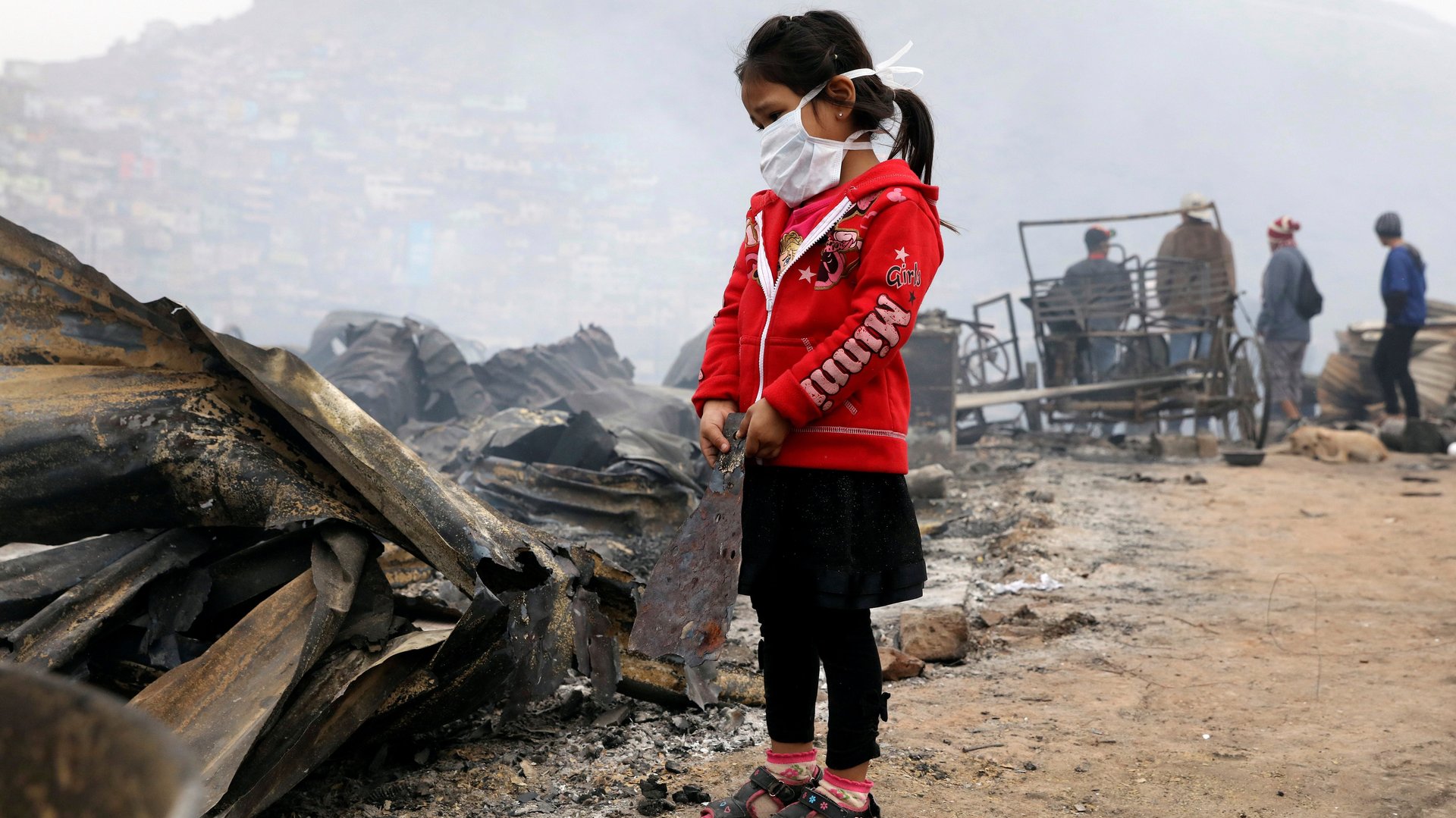A billionaire philanthropist says it’s time to put an economic value on human health
Is it craven to attach a monetary value to a child’s health?


Is it craven to attach a monetary value to a child’s health?
Michael Milken, influential billionaire philanthropist and former financier, argues that it’s not. To him, it’s quite the opposite.
In a seminar this week on the future of health, at the annual Milken Institute Global Conference in Los Angeles, the former junk-bond king underlined his support of the World Bank’s forthcoming Human Capital Index project, due to be released later this year. It will rank countries according to how much they invest in the health and education of their people, and how much impact those investments have. It’s a project championed by World Bank president Jim Kim, who spoke on the same panel as Milken at the event.
The ranking, Kim said, should lead to a change of behavior in leaders of developing countries, who have too often in history prioritized spending on hard infrastructure rather than “softer” investments in things like life-saving vaccines and better education—even though data show that investing in education and health is crucial to increasing a country’s wealth. It’s probably the key to avoiding the resource curse, he said, and the middle income trap.
Milken suggested there’s a danger that the basic premise of such an index might not be well received by the public. “We don’t look at human capital going up when a child is healthy,” he said, adding, “people would attack that as putting economic value on a life that’s precious.”
But we attach economic values to human beings all the time, he said, whether in the world of sports, where we put a value on athletes (often on the basis of their health); in business, where “in a sense, what you’re paying a person is a function of their knowledge and their talent”; or in the markets, which value companies at least in part on the quality of their workers.
Acknowledging and ranking the value of human capital may help the world avoid situations like modern-day Venezuela, where, as Milken noted, people are too malnourished to keep up with production demands, despite living in an oil-rich country which presumably should have the resources to keep its workforce fed.
Kim hopes to see credit agencies like Moody’s factor the Human Capital Index into their future analyses of sovereign debt. “If your borrowing costs go up overnight because you’re not investing in your people, you will pay attention,” he said.
Corporations, too, ought to consider human capital when investing in growing economies, Kim said. He wants the World Bank’s ranking to spur business leaders to say to heads of states directly: “We looked at your ranking in the human capital index and we’re really worried about long-term investments in your future.”
If countries are shocked by their ranking once the index is unveiled, he believes they’ll come to the bank to ask what changes they can make to improve their score.
“I don’t mean to be try to be punishing of leaders in developing countries,” said Kim, “but this has been neglected for too long.”